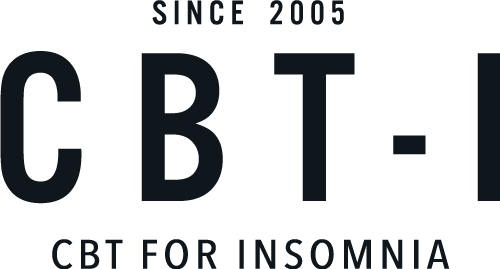No association between insomnia and dementia risk in a large population-based study with 11-year follow-up
Although disturbed sleep has been proposed as a possible risk factor for dementia, disturbed sleep is not included in the 12 health- and lifestyle-related risk factors for dementia since disturbed…
